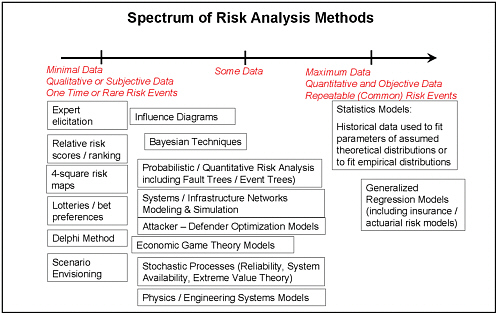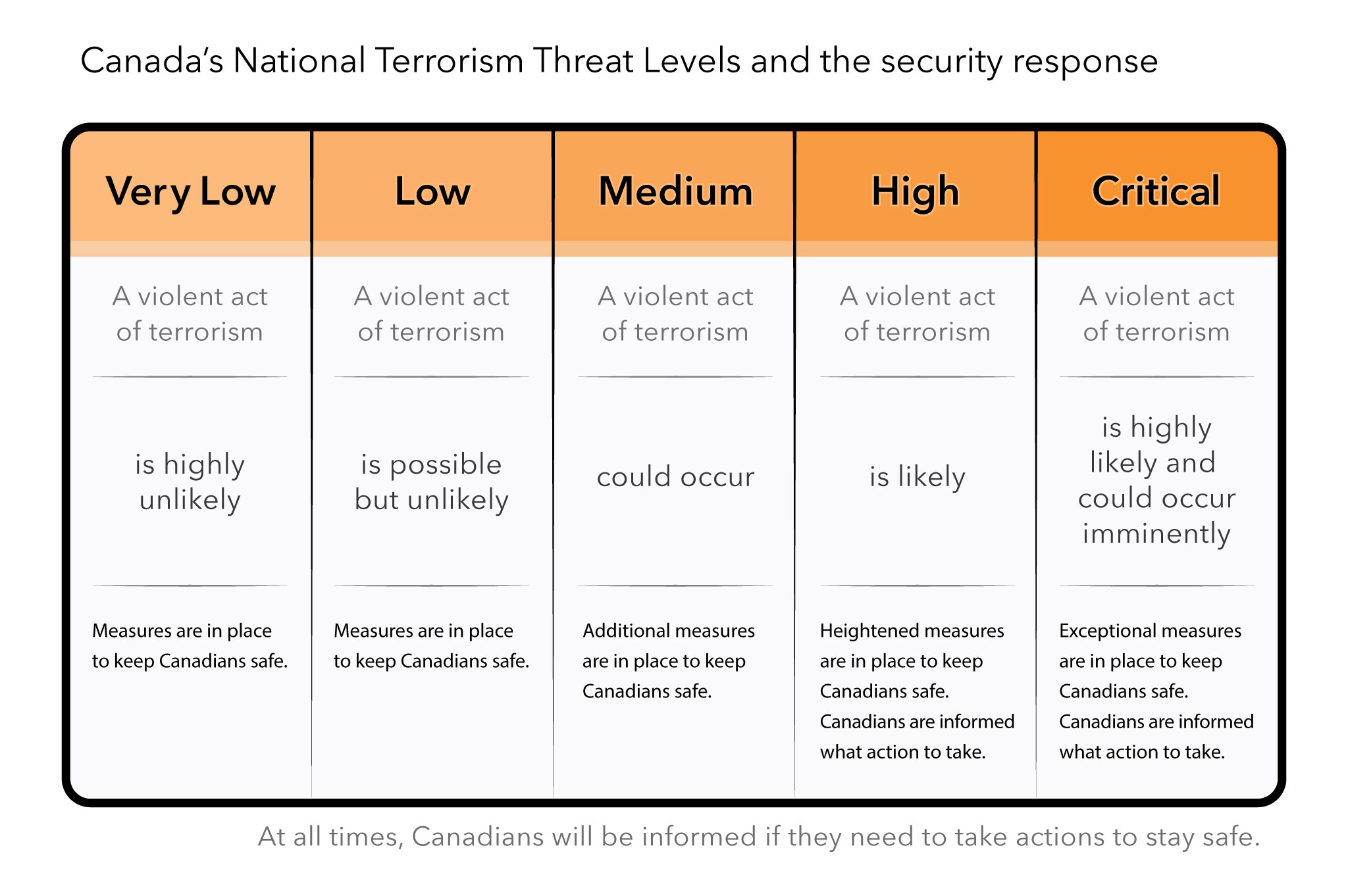The recent terrorist attack on London Bridge was very significant for several reasons:
- It was the first successful attack in a few months and occurred during an election campaign;
- It was carried out by an Islamist extremist, reminding us that this form of terrorism has not been usurped by the far right brand; and
- It was perpetrated by a convicted terrorist who had been deemed ‘deradicalised’ and hence ok to release back into public.
It is this last point that has been getting the most attention and rightly so as it has raised all kinds of very good questions as to why this terrorist was assessed as no longer a threat to UK society. Who made that assessment? Based on what tool or algorithm? How qualified was the assessor?
In theory terrorists can abandon their life paths just like any other criminal but what is the reality?
One immediate consequence of the attack has been the decision to suspend similar releases of other terrorists pending review. This is indeed the right move for two reasons: the public demands no less and it is necessary to re-evaluate the system under which terrorists are managed. It seems to me there are a lot of doubts now: whether or not this is fair is irrelevant – that is a natural knee-jerk outcome after the events of last Friday.

Who makes the call?
To my mind, there is a very important consideration to be made in this area and that is the following: who (or what body) is best placed to make the call on terrorist freedom? Is it academics who create and administer risk assessment programs? Or should it be public safety/national security professional practitioners? Hmm, great questions.
I admit to serious bias in this regard. As a former practitioner (at both CSIS and CSE) I happen to believe that those agencies are best placed to make the final call for the simple reason that they have the best information on hand to draw the most comprehensive conclusion. That information is gained through investigation: human sources, intercepted communications and surveillance. Most if not all of this is unavailable to anyone else.
Who is best placed to make the call on terrorist freedom? Is it academics? Or should it be public safety/national security professional practitioners?
What if we developed a protocol in which academics and practitioners could work together? The former could bring their own theoretical expertise while the latter would weigh in with their vast practical knowledge? Would this work? Maybe some academics, however, are not well-versed enough to get involved as UK criminologist Simon Cottee has noted.

Veto?
I would add one more layer to this assessment process. Practitioners would have a veto on all decisions related to release. Period. I realise that there could be legal challenges to such a regime but it is nevertheless the best way forward.
It is true that some terrorists – apparently – ‘deradicalise’ or ‘disengage’ from violent extremism, although I would submit that the reliability of this has probably not been subject to enough long-term study. After all statistics show that not every terrorist re-offends upon exit from incarceration: in the UK the rate is 10%.
I realise that there could be legal challenges to such a regime but it is nevertheless the best way forward.
What complicates this figure though is the public’s appetite for recidivism. If we demand a zero chance of an ‘ex’ terrorist committing another act of violence that would constrain any release from jail, early or otherwise. We do not normally impose this (perhaps) unreasonable requirement on other inmates. But what if terrorism, due to the nature of this kind of crime, is different?

Locked up forever?
Prisons officials will also tell us that keeping them ‘locked’ up forever is also problematic as it raises the risk of contamination of other prisoners, thus exacerbating the problem.
In the end it is a very important dilemma: who should ultimately decide how much risk a given incarcerated terrorist poses to our society? I know where I’d put my money.
